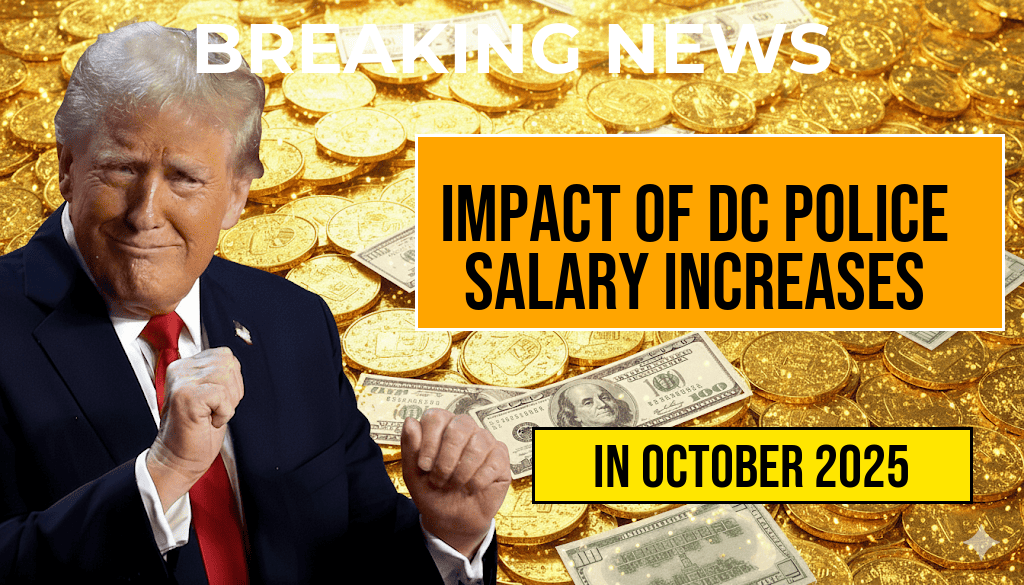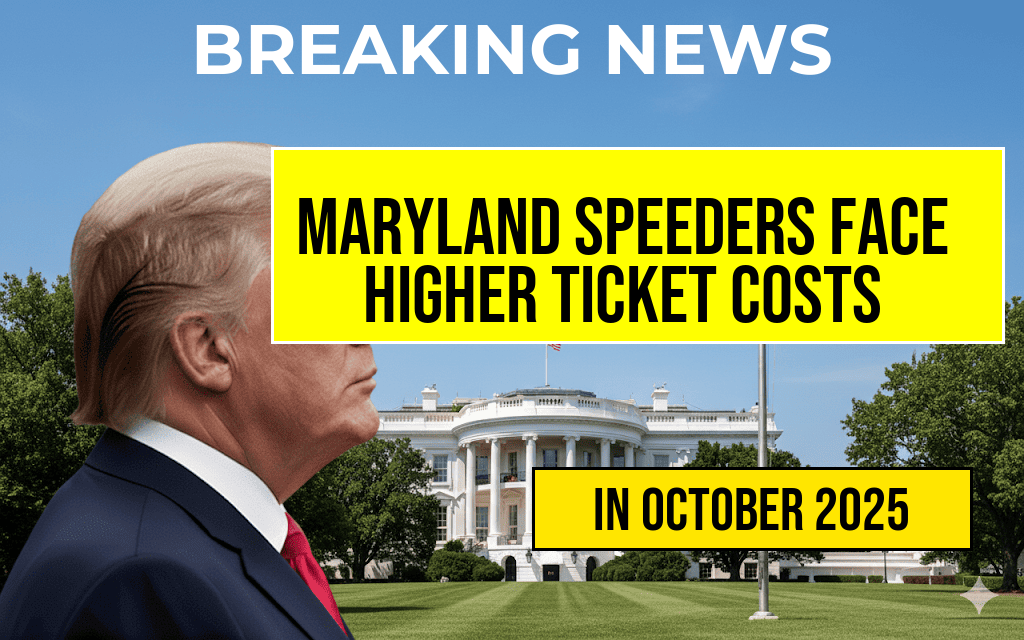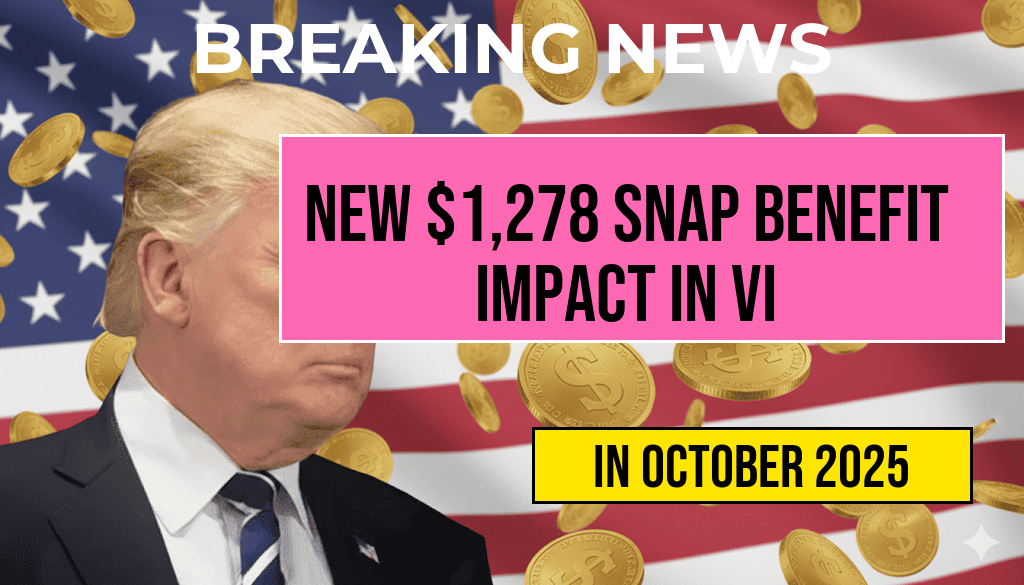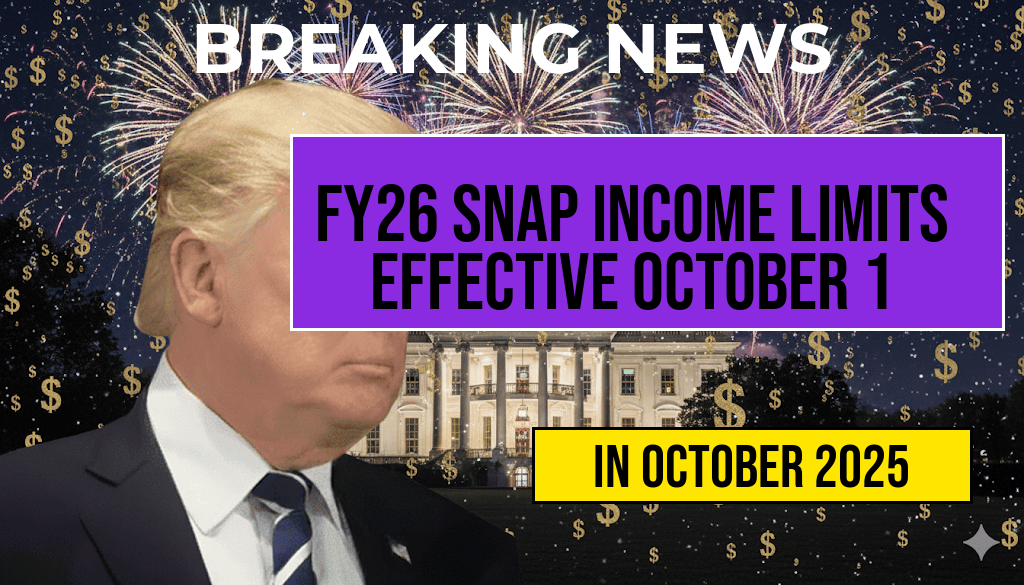The recent decision to increase salaries for police officers in Washington, D.C., marks a significant shift in the city’s approach to law enforcement compensation. The salary adjustments, part of a broader initiative to enhance public safety and improve officer retention, have sparked discussions about their implications for both officer earnings and the city’s budget. The new pay structure aims to address ongoing recruitment challenges and the rising cost of living in the capital. With the starting salary for police officers projected to rise substantially, stakeholders are closely examining how these changes will affect the financial landscape of the District of Columbia.
Details of the Salary Increases
The salary increase will see police officers receiving a raise of approximately 10% over the next few years. This adjustment is designed to align with the city’s goal of attracting and retaining qualified personnel in a challenging job market. The starting salary for new recruits is expected to increase from around $60,000 to approximately $66,000 annually by 2025.
Comparative Pay Analysis
To understand the impact of these salary increases, it is beneficial to compare DC police salaries with those of similar urban areas. Below is a table illustrating the starting salaries of police officers in selected U.S. cities.
| City | Starting Salary |
|---|---|
| Washington, D.C. | $60,000 (Projected $66,000 by 2025) |
| New York City | $42,000 (Rising to $85,000 with experience) |
| Los Angeles | $64,000 |
| Chicago | $65,000 |
| Houston | $60,000 |
Budget Implications for the District
Salary increases for police officers will have significant implications for the District’s budget. The estimated cost of implementing these raises is projected to reach tens of millions of dollars annually. The funds required to support this increase will need to be allocated from the city’s budget, potentially impacting other public services. City officials are exploring various funding strategies, including reallocating resources and increasing efficiency in other departments.
Community Reactions
The decision to raise police salaries has garnered mixed responses from the community. Advocates argue that competitive salaries are essential for ensuring a well-trained and dedicated police force, which ultimately benefits public safety. Conversely, some community members express concern about the prioritization of police funding over other pressing needs, such as education and housing.
- Supporters of the salary increase emphasize the importance of attracting quality candidates.
- Critics argue that funds might be better spent on community-based programs.
- Balanced discussions are crucial to address the community’s diverse needs.
Long-term Effects on Law Enforcement
Beyond immediate financial considerations, the salary increases are expected to influence long-term trends in law enforcement in the District. A more competitive salary structure may enhance officer morale and reduce turnover rates, leading to a more experienced police force. However, the sustainability of these increases will depend on the city’s overall economic health and budgetary constraints.
Looking Ahead
As the District of Columbia implements these changes, ongoing evaluations will be necessary to assess the effectiveness of the new pay structure. Stakeholders, including city officials, police unions, and community organizations, will need to collaborate to ensure that the financial commitments align with public safety goals and community needs.
For further information on the implications of police salaries and budgeting, check out resources from Forbes and the Wikipedia page on police salaries.
Frequently Asked Questions
What are the reasons behind the recent salary increases for DC police officers?
The recent salary increases for DC police officers are aimed at improving retention and recruitment amidst rising crime rates and public demand for enhanced police services. The increases are also intended to address the cost of living and ensure that officer salaries remain competitive with other law enforcement agencies.
How will the salary increases affect the city’s budget?
The salary increases are expected to have a significant impact on the city’s budget, as they will lead to higher overall personnel costs. City officials must balance these increases with other budgetary needs, which may result in cuts to other public services or the need for increased funding through taxes or other revenue sources.
What is the expected impact on officer morale and performance?
Increased salaries are likely to boost morale among officers, leading to improved job satisfaction and performance. Higher pay can help reduce turnover rates and encourage officers to stay longer in their positions, thereby fostering a more experienced and effective police force.
Are there any concerns regarding the long-term sustainability of these salary increases?
Yes, there are concerns about the long-term sustainability of the salary increases. City officials and financial analysts worry that without careful budgeting and revenue management, the increases could strain future budgets and lead to financial instability for the city.
What other factors are influencing the discussions around police salaries in DC?
Factors influencing discussions around police salaries in DC include the national debate on police reform, community relations, and public safety concerns. Additionally, comparisons with salaries in other jurisdictions and the overall economic climate play crucial roles in shaping these discussions.







